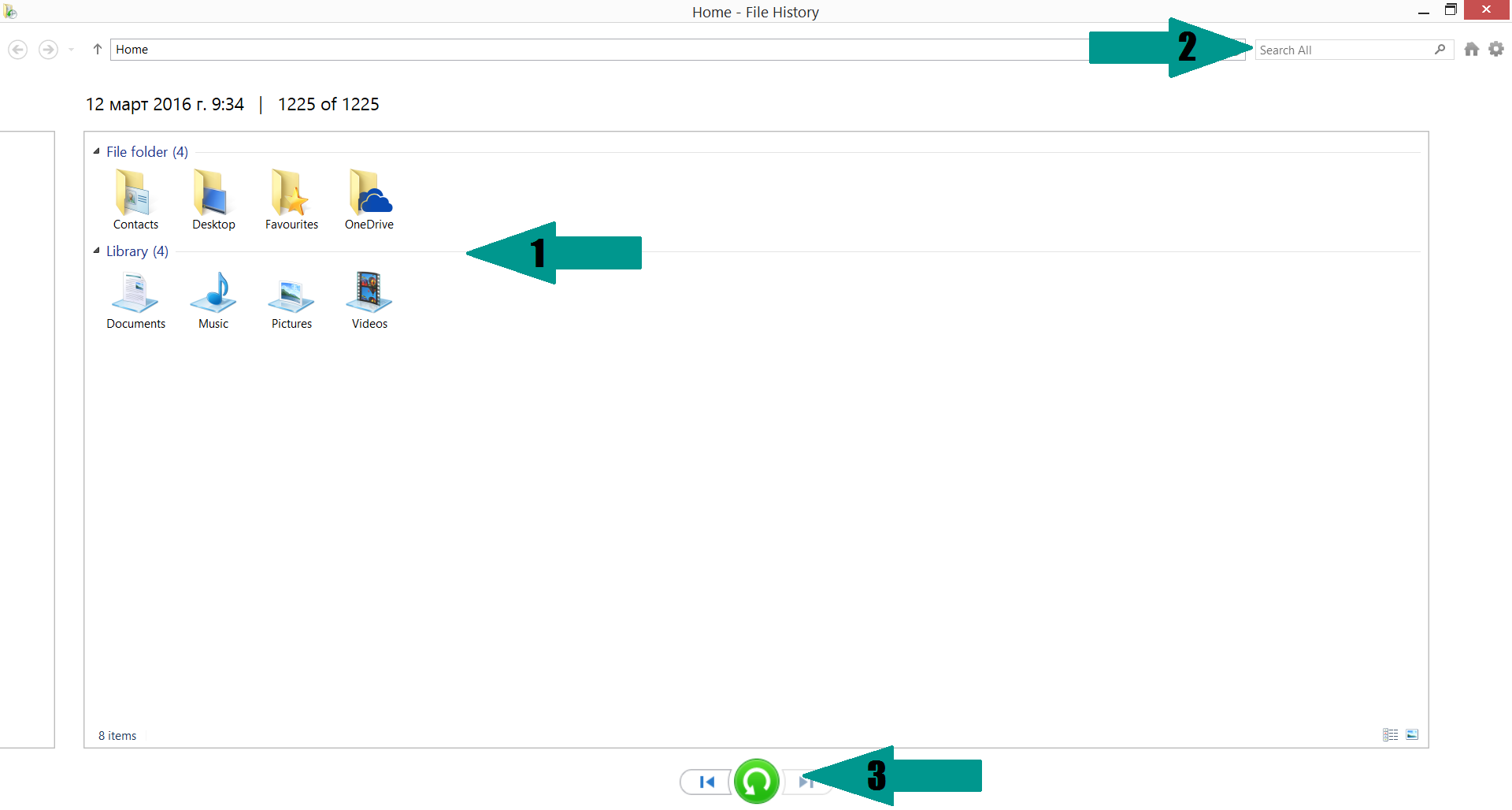Refer to our removal guide to learn about the Netflix ransomware, a cleverly disguised screenlocker malware which poses as an account generating program.
| Name |
Netflix |
| File Extensions |
Unknown |
Special Feature |
Screen Lock Function |
| Ransom |
Varies |
| Solution #1 |
Netflix Remove Netflix Ransomware easily with the help of an anti-malware tool, a program that will clean your computer from the virus, remove any additional cyber-security threats, and protect you in the future. |
| Solution #2 |
Netflix ransomware can be removed manually, though it can be very hard for most home users. See the detailed tutorial below. |
| Distribution |
The ransomware is spread mainly through spam email messages, untrusted download sites, P2P networks, exploit kits and etc. |
Netflix Ransomware Description
The Netflix ransomware is a new screenlocker threat that is spread to computer users worldwide. As the virus was just identified we do not have much information about it yet. As we are waiting for the security experts to conclude if this version is an independent creation or a strain of a popular malware family, we can tell you the things that we do know.
The virus poses as a Netflix accounts generator. Upon execution of the threat the computer victim is presented with a screen showing the NETFLIX logo and a button “Generate Login!”. When this it is pressed the encryption engine is immediately started.
At the moment we do not know what kind of cipher it uses and what file types it affects. However in the most common case the criminals utilize the AES algorithm and affect the most commonly used data file types – multimedia files (music, photos and videos), documents, configuration files, backup images and etc.
In addition to everything else a screenlocker function is also used. The virus essentially locks the screen and displays the following message to the victim:
Locked
Data on your device has been locked
Follow the instructions to unlock your dataOpen “Instructions.txt” on your Desktop.
A new version of the ransomware uses the .gefickt extension.
Netflix Ransomware Distribution
Netflix Ransomware is distributed as a dangerous screenlocker among places where people might search for such applications.
The usual suspect infection methods include the following:
- Download Sites – They are often controlled by the hackers to distribute the virus. In some cases hacked sites can also be found spreading the malware without the owner’s knowledge.
- Redirects, malicious ads and browser hijackers – They can link to download sites where the Netflix ransomware resides.
- P2P Networks – Networks such as BitTorrent are a popular place where such malware can often be found.
- Email Spam – Spam campaigns can be used to either attach the virus sample or link to it directly in the body of the message. Phishing tactics can be used to fool the users into thinking that it is a legitimate document or important file.
Netflix Ransomware – How To Remove it and Prevent It From Coming Back
There are two ways of removal:
- With an anti-malware tool – this will also help prevention
- Manually – using the instructions below
<
Netflix Ransomware Removal
For a faster solution, you can run a scan with an advanced malware removal tool and delete Netflix completely with a few mouse clicks.
STEP I: Start the PC in Safe Mode with Network
This will isolate all files and objects created by the ransomware so they will be removed efficiently.
-
1) Hit WIN Key + R

- 2) A Run window will appear. In it, write “msconfig” and then press Enter
3) A Configuration box shall appear. In it Choose the tab named “Boot”
4) Mark “Safe Boot” option and then go to “Network” under it to tick it too
5) Apply -> OK
Or check our video guide – “How to start PC in Safe Mode with Networking”
STEP II: Show Hidden Files
-
1) Open My Computer/This PC
2) Windows 7
-
– Click on “Organize” button
– Select “Folder and search options”
– Select the “View” tab
– Go under “Hidden files and folders” and mark “Show hidden files and folders” option
3) Windows 8/ 10
-
– Open “View” tab
– Mark “Hidden items” option

4) Click “Apply” and then “OK” button
STEP III: Enter Windows Task Manager and Stop Malicious Processes
-
1) Hit the following key combination: CTRL+SHIFT+ESC
2) Get over to “Processes”
3) When you find suspicious process right click on it and select “Open File Location”
4) Go back to Task Manager and end the malicious process. Right click on it again and choose “End Process”
5) Next you should go folder where the malicious file is located and delete it
STEP IV: Remove Completely Netflix Ransomware Using SpyHunter Anti-Malware Tool
SpyHunter anti-malware tool will diagnose all current threats on the computer. By purchasing the full version, you will be able to remove all malware threats instantly. Additional information about SpyHunter / Help to uninstall SpyHunter
STEP V: Repair Windows Registry
-
1) Again type simultaneously the Windows Button + R key combination
2) In the box, write “regedit”(without the inverted commas) and hit Enter
3) Type the CTRL+F and then write the malicious name in the search type field to locate the malicious executable
4) In case you have discovered registry keys and values related to the name, you should delete them, but be careful not to delete legitimate keys
Further help for Windows Registry repair
STEP VI: Recover Encrypted Files
-
1) Use present backups
2) Restore your personal files using File History
-
– Hit WIN Key
– Type “restore your files” in the search box
– Select “Restore your files with File History”
– Choose a folder or type the name of the file in the search bar

- – Hit the “Restore” button
3) Using System Restore Point
-
– Hit WIN Key
– Select “Open System Restore” and follow the steps

STEP VII: Preventive Security Measures
-
1) Enable and properly configure your Firewall.
2) Install and maintain reliable anti-malware software.
3) Secure your web browser.
4) Check regularly for available software updates and apply them.
5) Disable macros in Office documents.
6) Use strong passwords.
7) Don’t open attachments or click on links unless you’re certain they’re safe.
8) Backup regularly your data.
SpyHunter anti-malware tool will diagnose all current threats on the computer. By purchasing the full version, you will be able to remove all malware threats instantly. Additional information about SpyHunter / Help to uninstall SpyHunter



